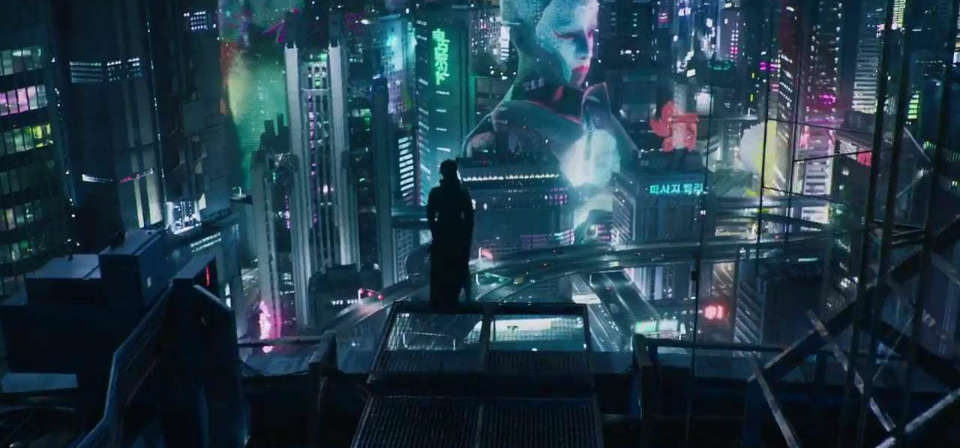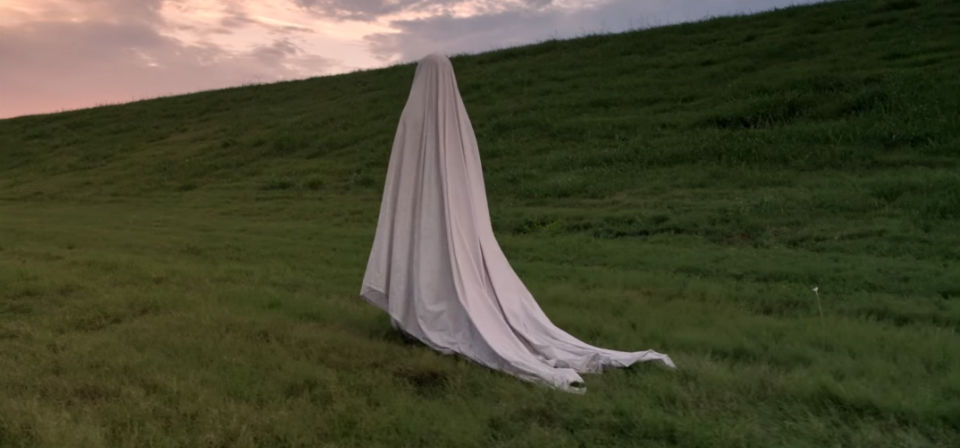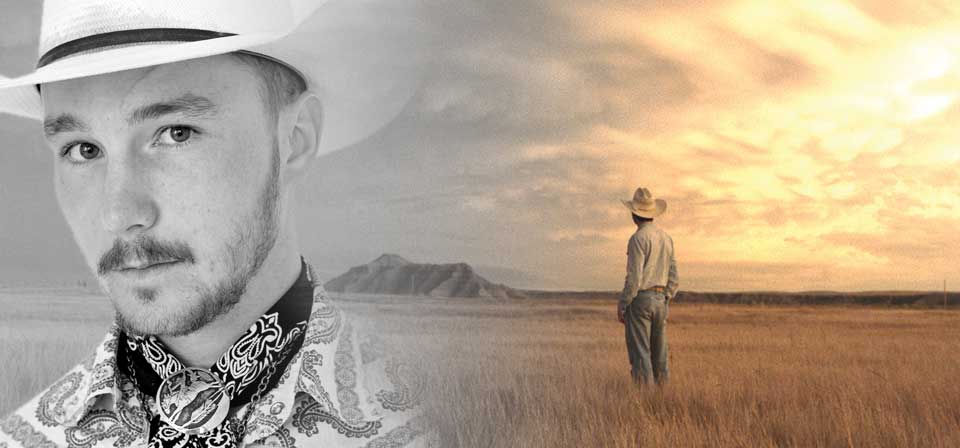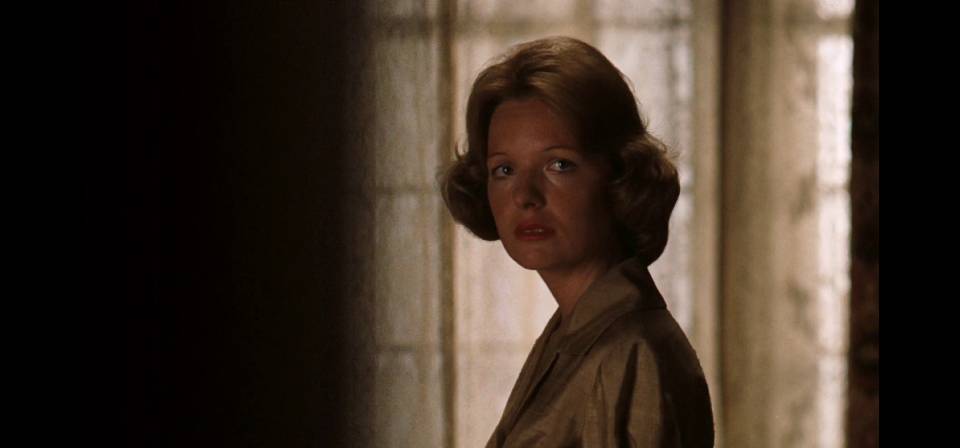Search Results
67 records found
G-Force (2009)
Parents may be interested to know that the movie tie-in toys are equipped with sound and movement as well as gear. Will the toy Blaster say things like “Pimp my ride!” and “That was off the hizook!” like he does in the movie? Will the toy Juarez riff on the Pussycat Dolls line “Don cha wish your girlfriend was hot like me”? Will the toy Darwin say “Yippie kay yay, coffee-maker!”? There’s a click moment waiting to happen in another ten or fifteen years (hopefully not before that).
Galaxy Quest (1999)
Besides satirizing Star Trek’s fan base, Galaxy Quest also takes aim both at the absurdities of the show itself and also at the behind-the-scenes reality. Most of the obvious Trek conventions are targeted: the principle that any extraneous character on an away mission always dies; the shipwide crisis that requires crew members to crawl through endless ducts; the isolation of the captain on a hostile planet where he must do hand-to-hand combat with an alien monster.
The Game (1997)
(Written by Robert Jackson) What do you get for the man who has everything?
Gandhi (1982)
Overshadowing even Ben Kingsley’s astonishing, transcendent performance in his first major screen role is a larger, more formidable presence: that of Mohandas K. Gandhi himself.
Gangs of New York (2002)
That book, with its breathless vignettes of the 19th-century lower Manhattan underworld, has no central plot or unifying storyline. Similarly, the most striking moments in Scorsese’s film come as glimpses into that time and place. When we see hordes of immigrants milling about in the unguessed catacombs beneath the Old Brewery of the Five Points neighborhood, or rival fire brigades brawling in the streets rather than fighting the fire, it’s easy to feel that here, surely, is a dark and strange world that would be interesting to explore, a world in which memorable stories must have taken place.
The Gathering Storm (2002)
Although the title is taken from the first volume of Churchill’s history of the war, The Gathering Storm is as much about Churchill’s personal life as his political trajectory — sometimes to excess, since the political side is usually more interesting. The warts-and-all portrait includes his loving but sometimes strained marriage to Clementina (Vanessa Redgrave), his financial troubles and hard drinking habits, his melancholia or "black dog," his amateur painting and bricklaying, and his habit of absent-mindedly losing himself in rehearsing or dictating speeches while in the bathtub or dressing and undressing.
The General (1927)
Arguably the greatest of Buster Keaton’s silent comedies, The General begins with a single, brilliantly sustained premise and works it into an engaging story that combines edge-of-your-seat excitement, stunningly conceived stunts and sight gags, spectacular set pieces, touching sentiment, and a rousing finale.
Get Low (2010)
Funerals are not for the dead, but for the living. The idea that this or that arrangement is what the deceased “would have wanted” may be consoling, but the consolation is ours, not theirs.
Get On Up [video] (2014)
From the star of 42 and the director of The Help comes a film I enjoyed more than either of those.

Ghost in the Shell (2017)
Scarlett Johansson is becoming — no, at this point it’s safe to say she is — the default Hollywood poster girl for transhumanism.
Ghost Rider (2007)
For all their evident interest and affinity for the material, though, the filmmakers haven’t made a very good movie. They’ve figured out how to get Blaze (Cage), the motorcycle-riding hellion who makes a deal with the devil, into the same picture as Carter Slade (Sam Elliott), the originally unconnected (and not even supernatural) Ghost Rider of the Old West. But they haven’t figured out either who Johnny Blaze is as a character, or what the Ghost Rider is all about.

A Ghost Story (2017)
At the heart of A Ghost Story is an audacious visual metaphor. Like many effective metaphors, it is so straightforwardly literal and even absurd that there is no questioning or cross-examining it; like Kafka’s cockroach, or like the pie scene, it challenges you either to shake your head and turn away, or else to take the plunge.
![Ghostbusters [video]](/uploads/articles/ghostbusters2016.jpg)
Ghostbusters [video]
The new Ghostbusters is perhaps more important than good, which isn’t a great place to be.
Ghosts of the Abyss: The Other James Cameron Titanic Film
If you see only one James Cameron-directed movie about the Titanic — and you should — see the one that doesn’t star Kate and Leo.
Girls Rule, Boys Drool? Stereotyping the sexes in family films
Over and over we see smart, tough, confident, independent heroines — Astrid in How to Train Your Dragon; Hermione in the Harry Potter films; Tigress in Kung Fu Panda; Eve in Wall-E; Colette in Ratatouille; Jewel in Rio — next to whom the heroes appear variously awkward, diffident, incapable, clueless or ridiculous.
Gladiator (2000)
Director Ridley Scott made his name with the groundbreaking science-fiction films Blade Runner and Alien, both of which, like Gladiator, were triumphs of set design and visual style, memorable more for the haunting worlds they created than for any engaging character development or moral interest. In these earlier films, Scott had the advantage of showing us worlds we had never seen before. Gladiator takes us to familiar territory, though new computer effects and Scott’s strong direction make it worth seeing anyway.

“God saved my life”: The Rider star Brady Jandreau
Brady Jandreau is a young Lakota Sioux rodeo star who met filmmaker Chloé Zhao while she was filming at a South Dakota ranch.… Zhao wanted her next film to be about Jandreau’s world and way of life. While she was searching for a way into the story, Jandreau’s career came to an abrupt end when a bronco threw him and then stomped on his head, shattering his skull.
God’s Not Dead [video] (2014)
I took two minutes to talk about this one, and still got in less than half of what bothered me about it.

The Godfather’s two endings: Lighting a candle and the wrong side of the door
Now half a century old, Francis Ford Coppola’s revered New Hollywood masterpiece has one of the best-known final shots in film history — but it almost had a much more Catholic ending.
Gods and Generals (2002)
(Written by Robert Jackson) Gods and Generals is an extremely one-sided account of the first half of the Civil War.
Recent
- Benoit Blanc goes to church: Mysteries and faith in Wake Up Dead Man
- Are there too many Jesus movies?
- Antidote to the digital revolution: Carlo Acutis: Roadmap to Reality
- “Not I, But God”: Interview with Carlo Acutis: Roadmap to Reality director Tim Moriarty
- Gunn’s Superman is silly and sincere, and that’s good. It could be smarter.
Home Video
Copyright © 2000– Steven D. Greydanus. All rights reserved.